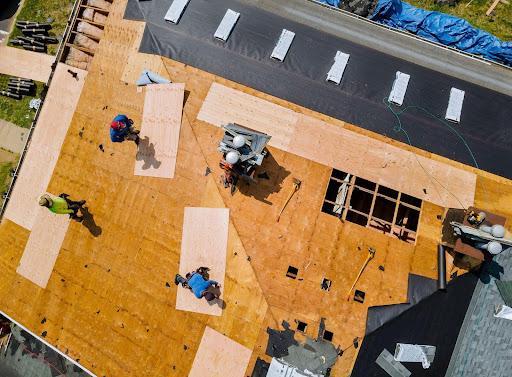
As hurricane season nears each year, people living in at-risk regions brace for the worst. They prepare their homes and possessions to withstand the effects. One key task is safeguarding the swimming pool to minimize harm and guarantee safety. This article provides tips on making a pool hurricane-resistant, bringing reassurance amid days.
Appreciating the Dangers
If you’ve ever wondered “how to hurricane proof your pool?”, you’re at the right place. Storms, like hurricanes, carry strong winds and intense rain showers that can cause damage and pose dangers to spaces like pools. Flying objects and debris can accumulate in the water itself, leading to contamination and harm to the pool’s structure and equipment integrity. Awareness of these risks is crucial in creating successful plans to minimize their impact.
Securing the Pool Equipment
It is crucial for pool equipment like pumps and filters, to be shielded effectively from harsh weather conditions for their safety and longevity. Start by turning off all devices to safeguard against potential power surges that could cause harm. Then, proceed to either cover up the portable equipment items in a spot or relocate them altogether. For stationary gear pieces like heaters and filters that cannot be moved easily, ensure they are secured using straps or weights to withstand the force of winds and avoid any potential damage.
Managing Fixed Water Levels
Maintaining the water levels is key to reducing hurricane impact on pool structures. Slightly lowering water levels by 1 to 2 feet allows room for rainwater without risking accidents, while draining the pool entirely can cause structural problems, such as water pressure imbalance.
Ensuring the Safety of Pool Supplies
Before a storm hits the area, make sure to secure pool accessories, like furniture and toys, to avoid any damage they may cause if left unattended and taken up in winds as projectiles that could potentially harm the pool and its surroundings. Securely anchoring them indoors alleviates this risk. Removing pool covers is also advisable to prevent any damage from occurring due to the gusts of wind that may dislodge them.
Chemical Equilibrium
Keeping your pool chemical balance in check ahead of a storm is crucial to preventing contamination risks. The inclusion of shock treatment and algaecide preserves water quality by minimizing the chances of algae proliferation and bacterial transmission.

These treatments guarantee that the water stays clean and safe when debris finds its way into the pool during the storm.
Safeguarding the Integrity of the Pool Architecture
Enhancing the pool setup further has its perks. Setting up a durable pool enclosure or screen effectively shields against debris. In cases where a fixed structure isn’t an option, tenting the pool with tarps or heavy blankets can also serve as an alternative protective measure. These approaches reduce harm to tile liners and other pool surfaces. For regular maintenance or repairs, relying on pool services by professionals in pools ensures lasting results.
Local Support Services
Utilizing the community’s support can be advantageous when preparing for hurricanes. Local officials typically offer advice on storm readiness, like safeguard measures for pools, which can help people stay informed about the guidelines and effective approaches to preparation. Interacting with neighbors to exchange ideas and materials can create a helpful atmosphere.
Crafting a Strategy for Dealing with Hurricanes
Creating a plan for dealing with hurricanes is key to being prepared for any situation that may arise during a storm impact period.

By documenting every action needed, from securing supplies to cleaning up after the storm has passed, one can ensure that no crucial steps are missed. A checklist can help expedite the response process and alleviate stress in situations.
Insurance Considerations
Before hurricane season begins, reviewing your insurance policies is important to ensure you have protection in place. Take the time to check whether your policies include coverage for any damage that may occur to your pool during storms. Understanding all the details of your coverage will help you make informed decisions on how to prepare and what steps to take in case you need to make a claim. If there are any uncertainties about what your policy covers, it’s an idea to contact your insurance provider for clarification.
In Summary
Preparing a pool for hurricane conditions requires a series of steps to safeguard the pool structure and equipment from damage caused by severe weather conditions like hurricanes. By being proactive and taking precautions, homeowners can protect their investments and ensure safety during extreme weather events. Following these guidelines helps homeowners be prepared and resilient, assuring them that they can confidently tackle the challenges of hurricane season.












